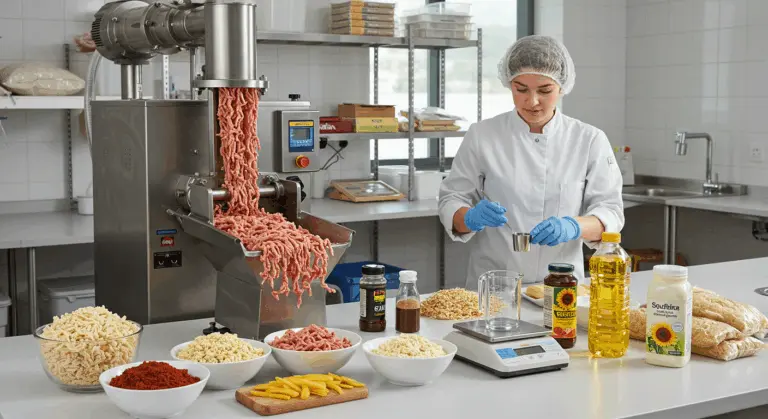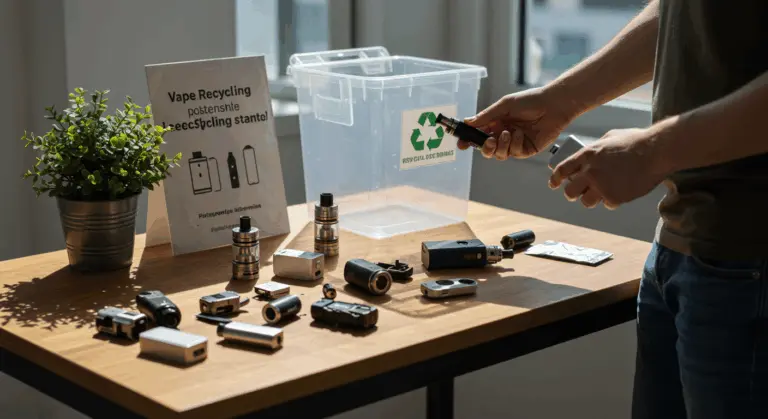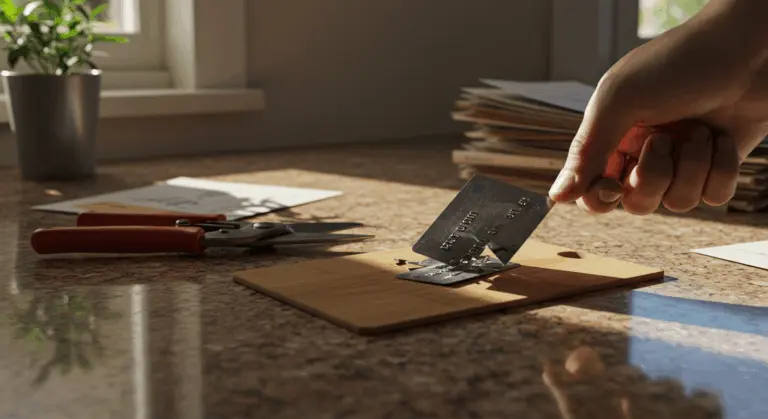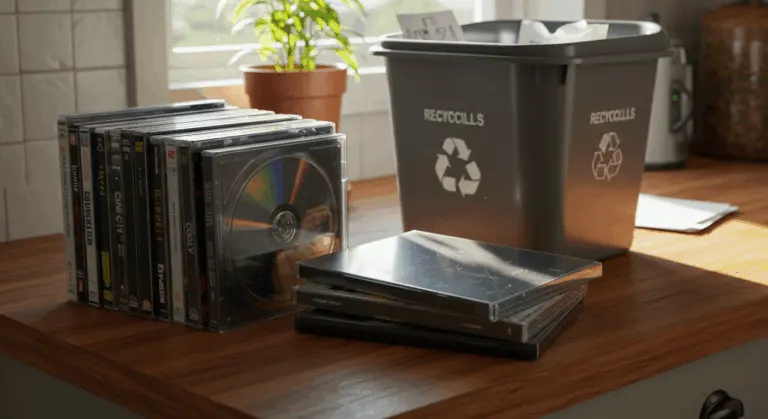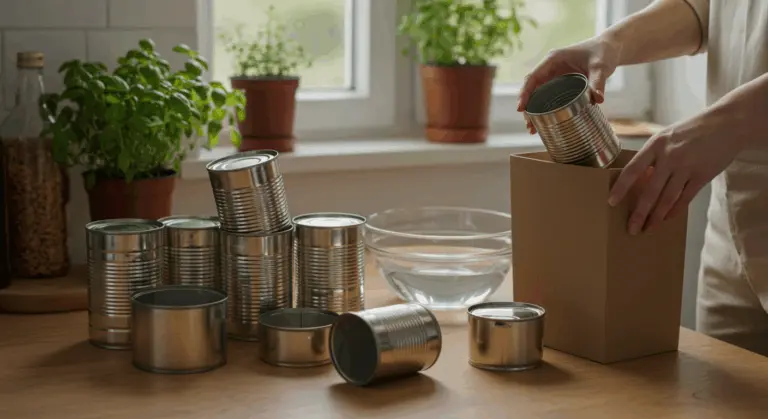Are Toothpaste Tubes Recyclable? A Comprehensive Guide
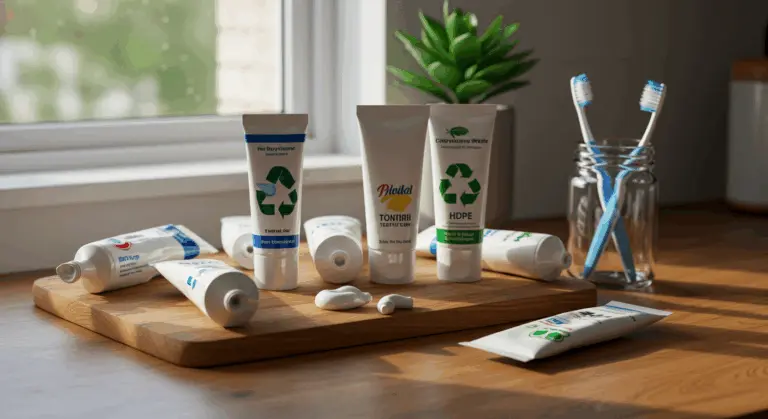
Most toothpaste tubes end up in landfills where they can take over 500 years to decompose, contributing to the staggering 400 million empty tubes discarded annually in the United States alone. Thankfully, recycling options for these common bathroom items are improving, with major brands transitioning to recyclable HDPE tubes by 2025. While waiting for this transition, consumers can prepare conventional tubes for recycling by cutting them open, thoroughly cleaning out remaining product, and checking local acceptance policies before disposal.




